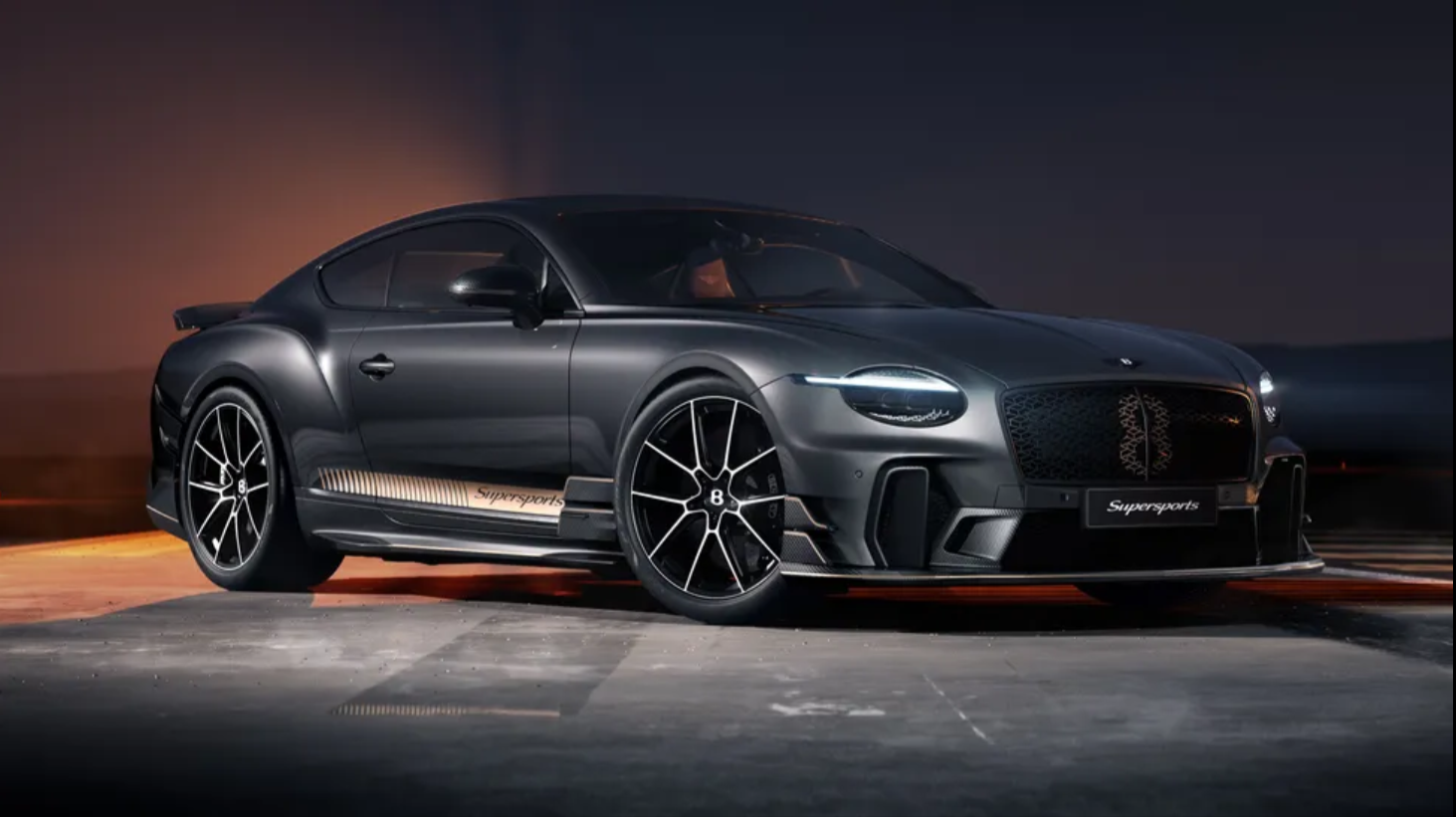Another week, another automaker pulling back on its ambitious electric vehicle (EV) targets. This time, it’s Porsche.
Back in March 2022, Porsche set a lofty goal: for over 80 percent of its sales to be electric vehicles by the end of the decade. However, in a recent interview with Reuters, a company spokesperson admitted, "The transition to electric cars is taking longer than we thought five years ago."
This doesn’t mean Porsche is abandoning its EV plans. The brand’s strategy still envisions four out of five cars sold by 2030 to be EVs, but with a big caveat: this depends heavily on customer demand and the overall development of electromobility.
By 2025, the iconic petrol-powered 718 Boxster and 718 Cayman will be phased out, making way for their electric successors. The fully electric Macan will replace the first-generation internal combustion engine (ICE) model in 2026. And later this decade, the fourth-generation Cayenne will go fully electric.
Porsche has hinted that the Panamera might also go electric, positioning itself above the Taycan as a larger, more luxurious option. However, don’t expect a 911 EV this decade; the legendary 911 is starting its electrification journey with the new 911 GTS and its T-Hybrid setup.
Porsche isn’t alone in adjusting its electrification timeline. Bentley, once set on going completely electric by 2030, has pushed this goal back by three years. Mercedes also admitted to being overly optimistic, revising its goal of having plug-in hybrids (PHEVs) and EVs make up half its sales by 2025 to hoping for 2030. Combustion engines will be around "well into the 2030s."
Audi is feeling the pinch too. The company might have to end production of the Q8 E-Tron and Q8 Sportback E-Tron earlier than planned due to sluggish sales, with "segment-specific intensified drop in demand" being the polite way of putting it. If no solution is found, the Brussels plant producing these models could face closure.
Jaguar’s future seems shaky as well. The British brand is betting everything on EVs, with all current models, including the I-Pace, being axed except for the F-Pace, which is also on its way out. Jaguar's parent company, JLR, is aiming to transform the brand into an exclusively electric ultra-luxury marque.
Ford of Europe has also dialed back its 2030 EV-only passenger car lineup goal. Volkswagen has postponed the U.S. launch of the ID.7 indefinitely, citing "market dynamics" – a diplomatic way of saying they’re worried about sales.
On the other hand, Toyota’s chairman Akio Toyoda remains skeptical about EV dominance, predicting they will never exceed a 30 percent market share. BMW is cautiously optimistic, aiming for EVs to make up 50 percent of its sales by the end of the decade without setting a firm end date for ICE cars.
Automakers are navigating a tricky path, balancing stringent emissions regulations with the massive investment required to build a robust EV lineup. This financial strain is why fewer coupes and convertibles are on the market today, as manufacturers focus on more profitable crossovers and SUVs.
The road to electrification is bumpy, but the destination remains in sight. For now, it’s a waiting game to see which brands can accelerate their EV plans and which ones will need to downshift.






.jpg)


.jpeg)

.jpeg)
.jpeg)

